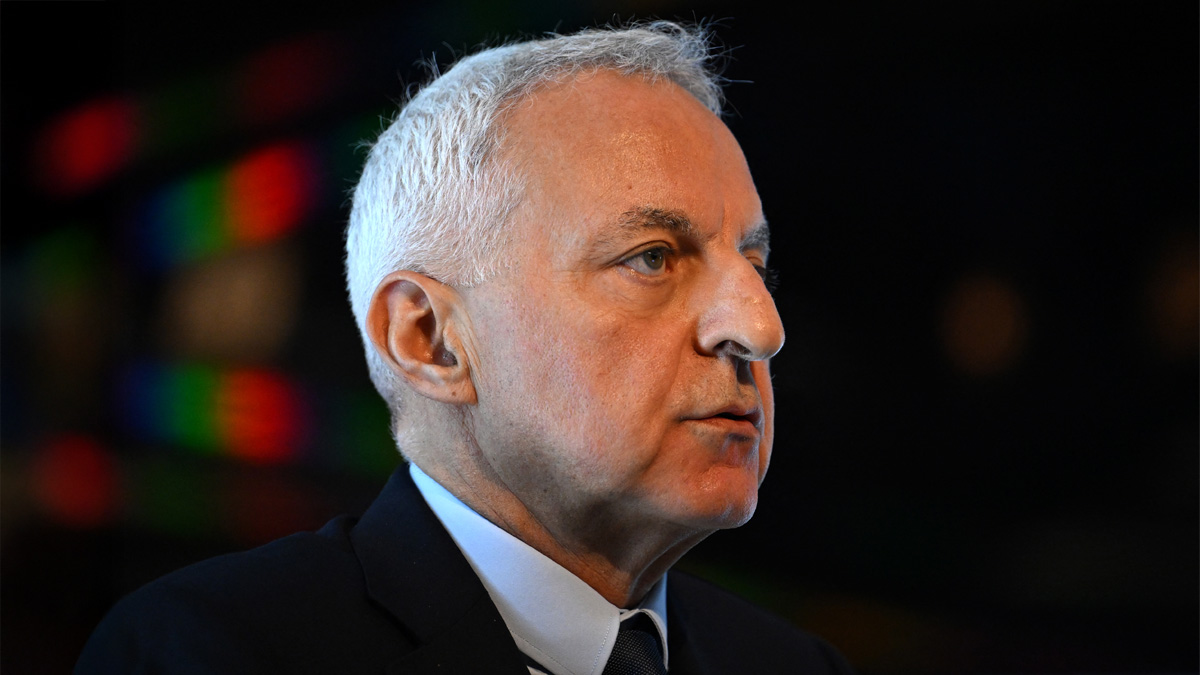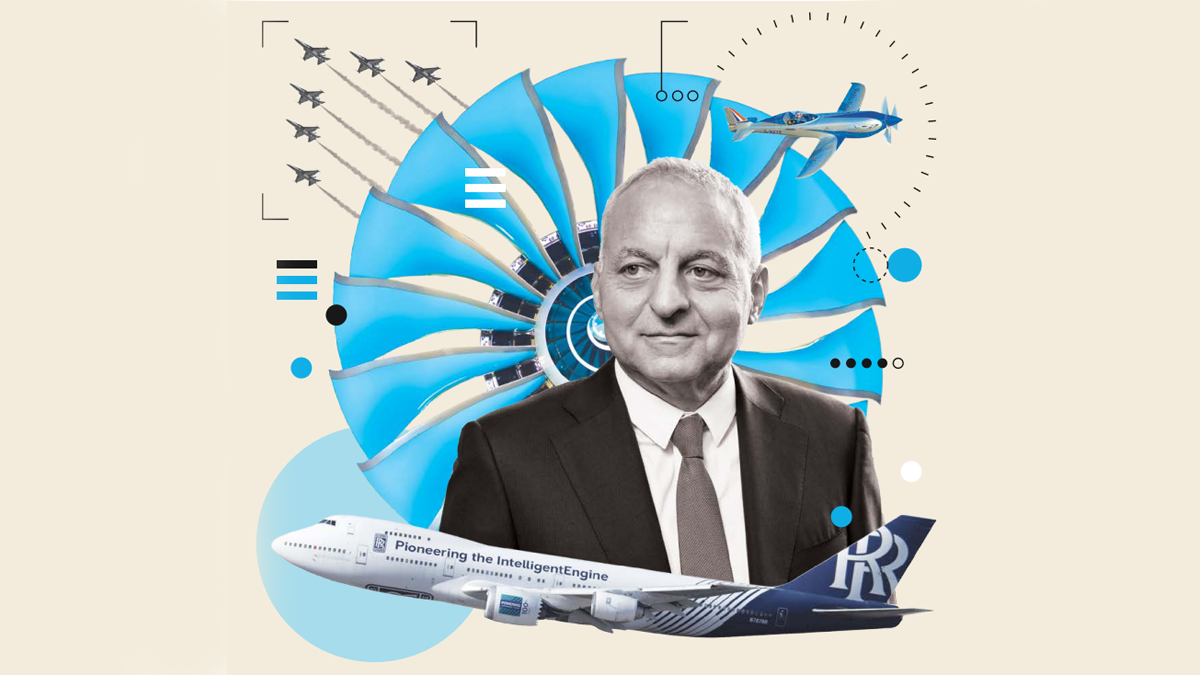
“Brain rot” was the Oxford English Dictionary’s word of the year in 2024. It rose to prominence amid concerns over endless social media scrolling and consumption of low-value content.
The rise of the phrase suggests we could all do with a reset. And what better time to do it than the beginning of a new year.
Best-selling author and behavioural scientist Paul McKenna is here to help. After writing books that aim to help people boost their confidence, stop smoking and lose weight, McKenna’s latest offering is titled Power Manifesting: The New Science of Getting What You Want.
“People think that manifesting fits in the category of crystals, tofu and sandals but actually it doesn't,” says McKenna. “Show me a successful person and I will show you a manifester.”
McKenna would challenge these people to do a thought experiment. He asked them to relax, close their eyes and go off into the imagined future. They would look at factors including their business environment, product or service, competitors and what the market wants. They’d gather all this information and bring it back to the present moment.
“Now to me, that's no different to self-hypnosis, visualisation or manifestation. But we used to call it strategic planning because it sounded more corporate. A lot of these techniques are in use in corporations, but they're labelled as something that sounds serious because manifesting has this slightly frivolous, New Age feel about it.”
So how does this process actually work? McKenna shares a very simple exercise to get started on this journey.
The other link to physical activity comes in the form of mental rehearsal, a technique used in the world of sport. Athletes imagine running a race or playing a match over and over again. They do it in their mind to train their brain and body. Some players purport to feel calm in pressure situations as their rehearsal has made them feel like they’ve been in the situation before.
"Everything you do, from boiling an egg to making a million bucks, will come from your behaviours. What drives your behaviours is your state of mind and body. Motivation, apathy, love, anger, fear, confidence: they're all states of mind and body. When we find ourselves in optimum states more of the time it feels good but also you're likely to produce better results.”
Sir Richard Branson provides a tangible example of someone who used manifestation in the business world. Airline travel in the 1970s was a stale market. One TV was shared between the occupants of a cabin, requiring large, gangly headphones. A grumpy attendant would throw something that looked like chicken for you to munch on. But Sir Richard saw an opportunity.
He sat down for an 11-hour flight and thought to himself, how would I do it differently? When you arrive at the lounge, you could get a haircut or a massage. On the plane itself, a TV in every seat, with a plethora of movies and high-quality headphones. Great food and a bar for people to socialise. He wanted to make flying an enjoyable experience, not just something that people had to do to get to their destination.
“When he got off the plane, he had a list of ideas written down,” says McKenna, who spent time studying and modelling the mogul. “He phoned up Boeing and asked how much it was to get a jumbo jet. To buy one costs a fortune but he found out he could lease one without potentially bankrupting the company. From just sitting there and having this idea and exploring it, he then designed it in his mind and took action. And, of course, changed the entire airline industry.”
McKenna says that proves that sometimes you've "got to go where it isn't to find out where it is". Sticking with the aviation theme, he says: “When a plane flies from one place to another, because of wind direction, other air traffic, etc, it's off course quite a lot of the time. But it always knows where it's going.
“Having a direction in life – call it manifesting, call it goal setting, call it a strategy – is so important. On life’s journey, you're going to face challenges and the state of mind and body that you're in and the perspective that you bring to it will determine how you handle those challenges.”
Related and recommended

From Rolls-Royce to Marks & Spencer, these CEOs show how decisive leadership can transform Britain’s biggest companies

Rolls-Royce is one of the most famous names in British business, but its financial performance has rarely matched its reputation. Until now. Tufan Erginbilgiç is our CEO of the Year

Years of decline have hollowed out London’s listing market, but founders, banks and ministers are quietly pushing for a revival

Healthcare and income tax require radical reform, but the Budget revealed little ambition to tackle the big issues

